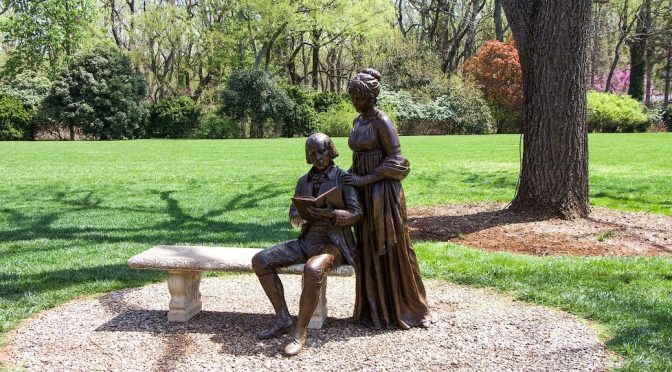Legal scholars have theorized three models of Article II’s Executive Power clause, otherwise known as the Executive Vesting clause: first the cross-reference theory, which points to specific powers under Article II, such as the appointment power; second, the Royal Residuum theory, which interprets Article II as granting wide-ranging powers possessed by the eighteenth-century British Crown; and finally, the Law Execution theory, which holds that the Executive Power Clause grants nothing more that the power to execute the laws passed by the legislature.
When applied to emergency powers, political and doctrinal consensus has coalesced around the Royal Residuum theory, granting the executive broad power to deal with emergencies so long as the executive does not run afoul of existing Constitutional or statutory prohibition. Recent scholarship, however, suggests that the original meaning of the Executive Power clause supports a “Law Execution” understanding of the clause. Building on this scholarship, Jerry Dickinson suggests that applying the original meaning of the Executive Power clause can revive a concept of liberal constitutionalism that places Madisonian checks and balances back at the center of emergency powers.

